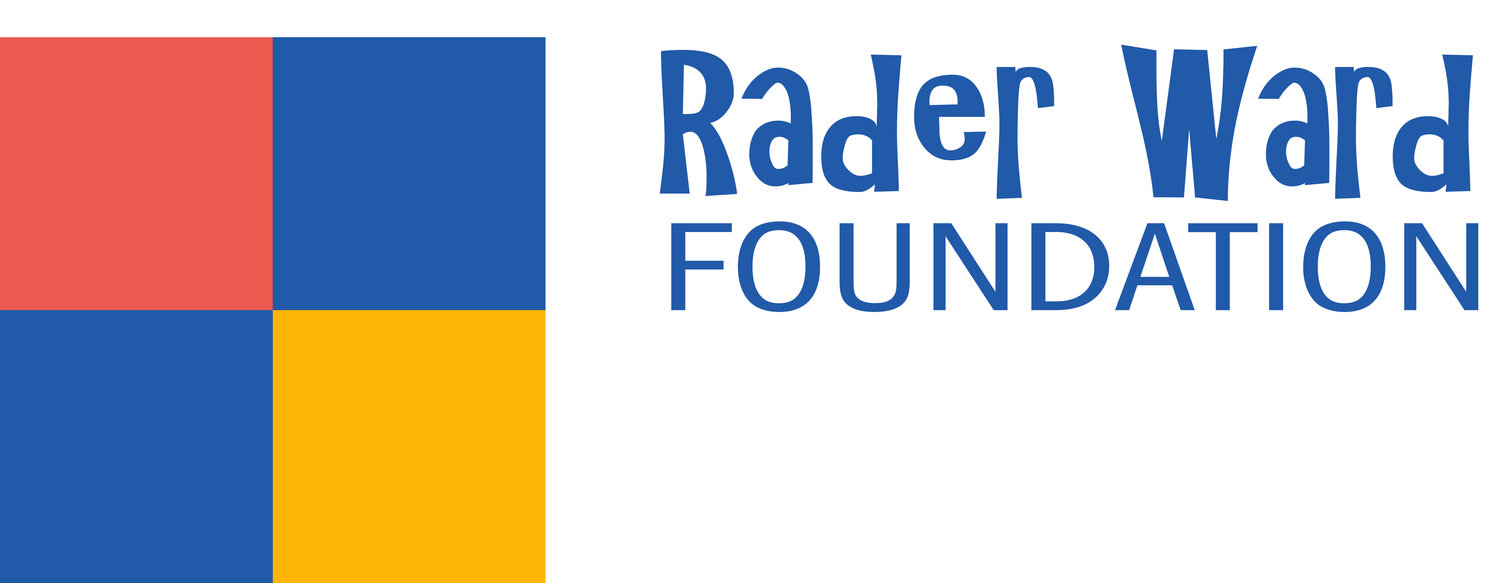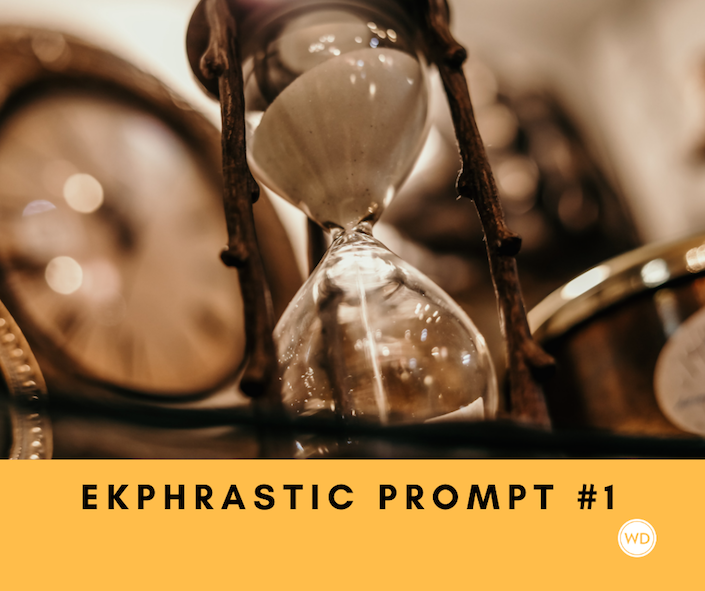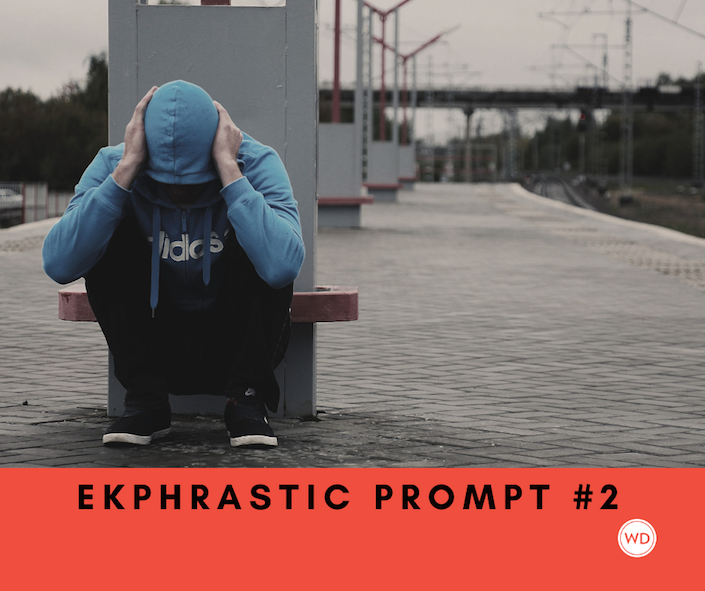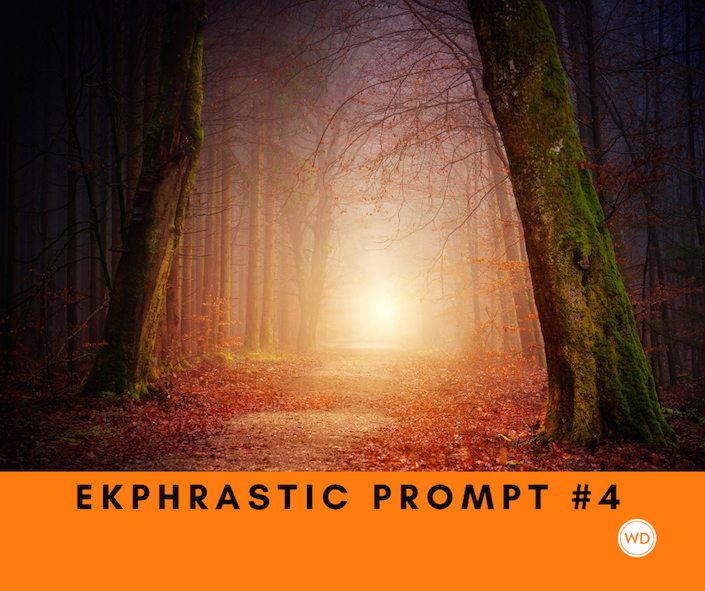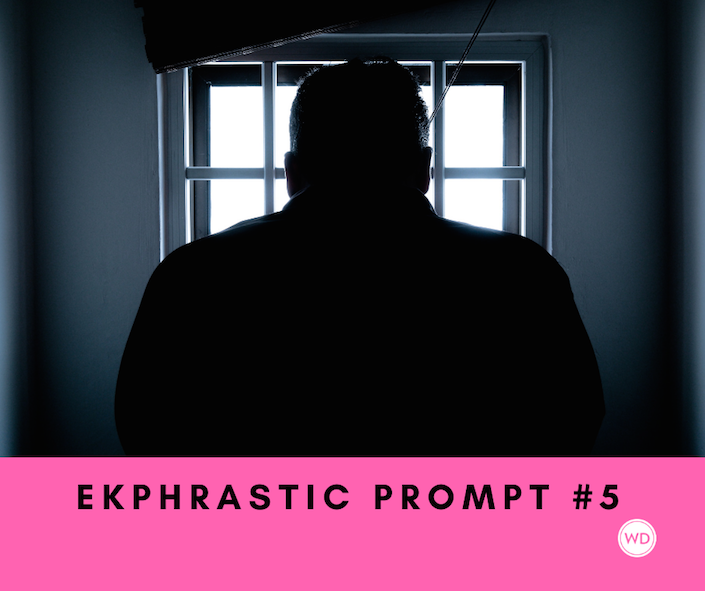First I want to say that I’m safe and basically functional, not in an overly worrisome state of mental health. But that I am having a much harder time this year with the poem-a-day deal than in years past. I’ve missed several days (starting Friday). Last Tuesday’s two-for I wrote on my phone in bed at the end of the day, but hadn’t typed in here until today. The other ones that aren’t here, I just have not attempted. (Yet! I have the intention. Time will tell if I can carry it out.) I have some time now and I do feel like writing is good for me (I just heard a quote on the Terrible, Thanks for Asking podcast where psychologist Edith Eger said the opposite of depression is expression, which resonates with me). So I’ll try today’s and then see if I can go back and write to some of the prompts I’ve missed.
Writer’s Digest’s Robert Lee Brewer says, “For this Two-for-Tuesday prompt:
Write a lucky poem and/or...
Write an unlucky poem.
lucky
I found two four-leaf clovers the other day
picked them and pressed them
between close and clue
in the big hardback dictionary
and when they were flat and dry,
stuck them to my refrigerator
with a magnet.
I don’t feel especially lucky
almost four years on
of living “every parent’s nightmare”
(a phrase I despise
partly because it’s true
and partly because)
no words encapsulate
that ____ night
(here I wasn’t able to come up with
a suitable adjective:
agonizing, terrible,
which just proves my point)
and the 1406 days since.
Life is hard
but I’m still here
and I can cry when I need to
and say what I feel
and someone will read this
I guess that’s lucky.
